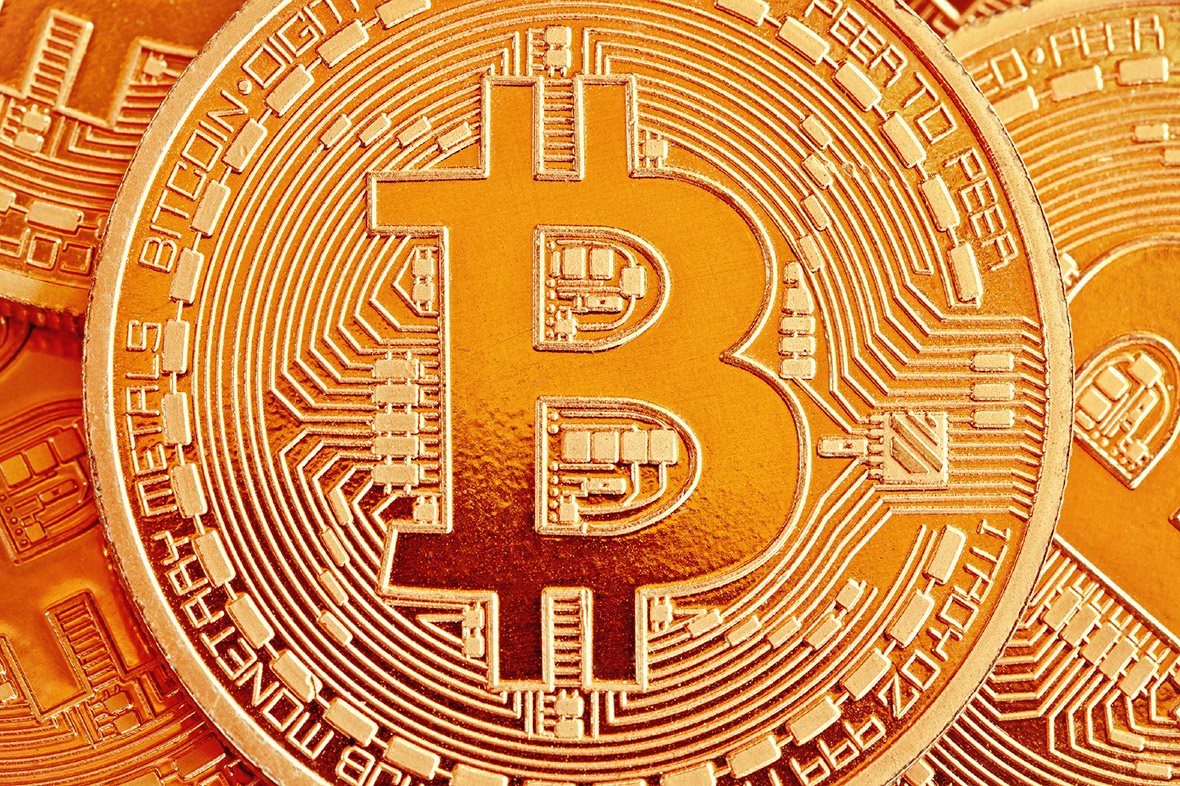
Stellar.org, the non-profit technology provider aiming to
connect financial institutions using consensus-based cryptography, has
announced it will be giving away 19 billion of the network's native
currency, lumens, to holders of bitcoin.
The lumens will be distributed in several rounds, said Stellar CTO Jed McCaleb in a blog post.
The first round will include three billion lumens, and will follow a
snapshot of all coin balances taken on 4 July. The lumens, which
constitute 19% of the initial lode in existence, will be distributed in
proportion to how much bitcoin individuals are holding. On 5 July
Stellar will publish a claim page, allowing bitcoin holders to verify
that they control a given bitcoin address and send that address's share
of lumens to a Stellar account.
McCaleb told IBTimes: "What Stellar is
trying to do is be this common protocol between financial institutions
so the idea is that if some bank in the US plugs into Stellar then all
their customers can send and receive from anybody that's on the Stellar
network. So, say some mobile money operator in Nigeria integrates with
Stellar then their customers can send and receive to anyone that's also
on the Stellar network.
"This will make the customers of the bank and customers of
the mobile money operator able to send and receive currency from each
other. The person in the US would be holding dollars, and the person in
Nigeria would be holding naira, but they would be able to interoperate
with each other because the assets can be exchanged through the Stellar
network."
McCaleb said the same would apply if someone has a Coinbase
account, for instance, and if Coinbase plugged in then the customers
bitcoin assets could be traded for dollars or naira in the same way.
"Our goal eventually is this sort of internet-like payment
protocol, in the same way that there's one for email. It doesn't matter
who your domain provider is; you could be on Yahoo and I could be on
gmail, but we can easily send emails back and forth because they follow
the same protocol. If we can get these financial institutions to follow a
common protocol, then they can all interoperate with each other.
"The integration process is very simple; we tried to make it
as easy as possible. The biggest challenge is just in getting people to
understand the concept and get on board with the idea."
Lumens like bitcoin and other cryptocurrencies are traded on
exchanges like Kraken and Poloniex. If people do not hold accounts at
well-known exchanges, Steller said it will use Facebook to get users'
names so these can be checked against the sanctions database.
Steller has been doing some worthy projects to reduce
the cost of moving money around. One such project right across Nigeria
aims to connect micro-finance institutions using the Stellar payment
rails. Another project is Stellar-powered smart coffee kiosks
that automatically pay out farmers in the Democratic Republic of Congo.
Each kiosk, which functions like a Coinstar for coffee beans, will
serve around 4,000 farmers.
McCaleb added: "We are talking to a mobile money operator
down there [Nigeria] and a couple of banks to get them connected to the
network as well. So hopefully we should have announcements about that in
maybe in a month or two.
"This kind of technology allows you to do things that you
couldn't do before, like for instance that coffee bean thing. You can't
really do that without this kind of system. We are excited about stuff
like that."

Post a Comment